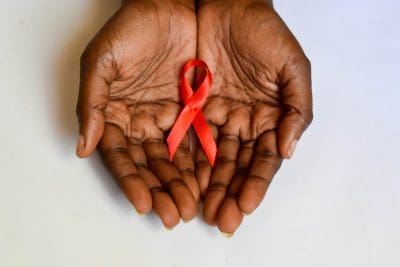Black maternal mortality is a pressing issue that has garnered attention due to its alarming rates and the profound impact it has on families and communities. This crisis is not just a matter of health but also one of equity, justice and societal well-being. Understanding the critical issues that contribute to Black maternal mortality is essential for creating effective interventions and saving lives. In this article, we will delve into five critical issues that must be addressed to combat Black maternal mortality and improve maternal health outcomes for Black women.
1. Racial disparities in health care access
One of the most significant factors contributing to Black maternal mortality is the disparity in health care access. Black women are more likely to face barriers to accessing quality prenatal and maternal care. These barriers include a lack of insurance, limited availability of culturally competent health care providers and geographical challenges that limit access to medical facilities. Addressing these disparities requires systemic changes, including policy reforms to ensure equitable health care access for all women, regardless of race or socioeconomic status.
2. Implicit bias and discrimination in medical settings
Implicit bias and discrimination within medical settings significantly impact the care Black women receive. Studies have shown that Black women are often dismissed, not listened to or their pain is not taken seriously by health care professionals. This can lead to delayed diagnoses and inadequate treatment, resulting in adverse maternal outcomes. Training health care providers to recognize and counteract implicit biases — alongside implementing strict anti-discrimination policies — is crucial in creating a more equitable health care system.
3. Socioeconomic factors and stress
Socioeconomic factors such as poverty, lack of education and unstable housing can contribute to poor maternal health outcomes. The chronic stress associated with these conditions can lead to complications during pregnancy and childbirth. Moreover, Black women are more likely to experience stress related to racism and social inequality, which further exacerbates their risk of adverse maternal outcomes. Comprehensive support systems, including social services, financial assistance and stress management programs are essential to address these socioeconomic determinants of health.
4. Inadequate postpartum care
Postpartum care is a critical period that is often overlooked, yet it is essential for ensuring the health and well-being of both the mother and the baby. Black women are less likely to receive adequate postpartum care, which can lead to complications such as infections, postpartum depression and chronic conditions going untreated. Ensuring that Black women receive thorough and continuous postpartum care — including mental health support — is vital in reducing maternal mortality rates.
5. Lack of community support and education
Community support and education play a significant role in maternal health. Many Black women lack access to community resources and educational programs that provide vital information on prenatal care, childbirth and postpartum recovery. Empowering communities with resources, creating support networks and offering education on maternal health can help bridge the gap and ensure that Black women have the knowledge and support they need throughout their pregnancy and beyond.
How society needs to support Black maternal health
Addressing Black maternal mortality requires a multifaceted approach that tackles the root causes of disparities in maternal health. By focusing on racial disparities in health care access, combating implicit bias and discrimination, addressing socioeconomic factors, ensuring adequate postpartum care and enhancing community support and education, we can make significant strides in reducing Black maternal mortality rates. Health care providers, policymakers and communities must work together to create a system that prioritizes the health and well-being of Black mothers. Only then can we hope to achieve equity and justice in maternal health outcomes.
The fight against Black maternal mortality is not just a health issue but a social justice imperative. By addressing these five critical issues, we can pave the way for a future where Black women receive the care and respect they deserve, ultimately saving lives and strengthening our communities.
This story was created using AI technology.

















